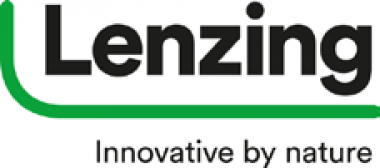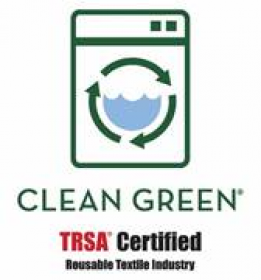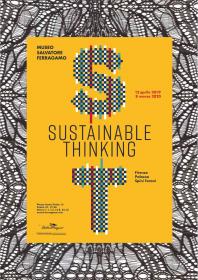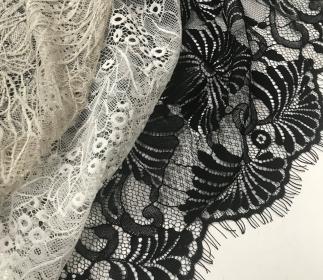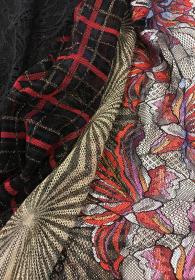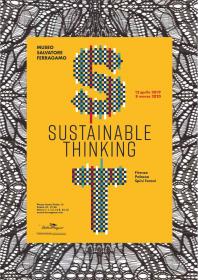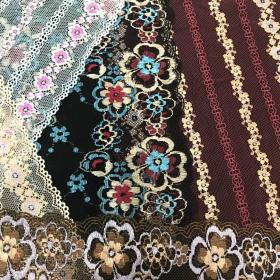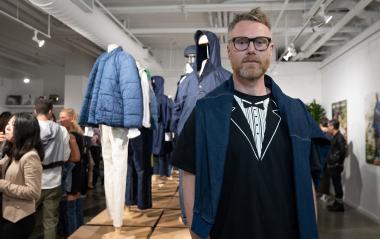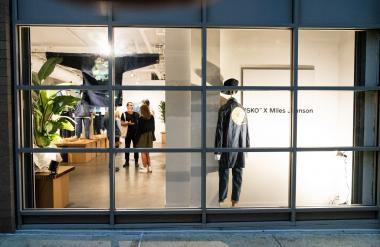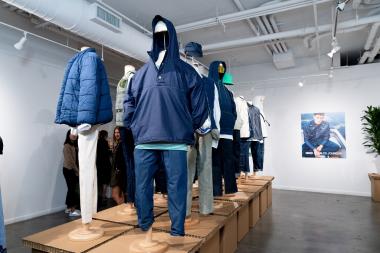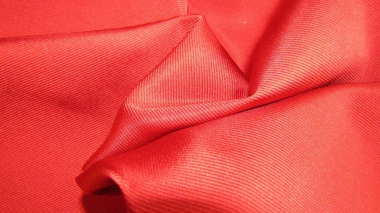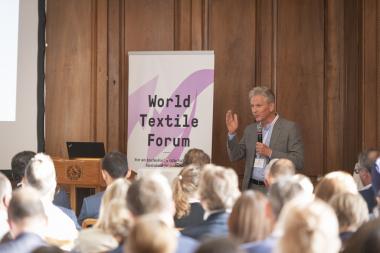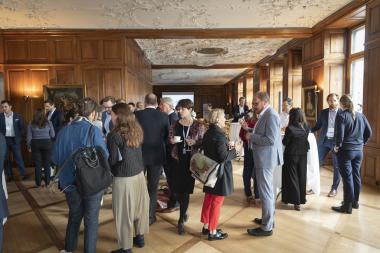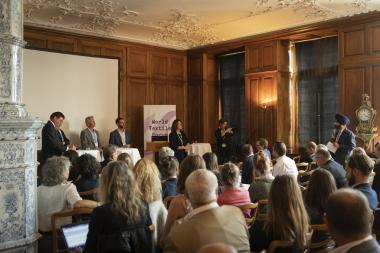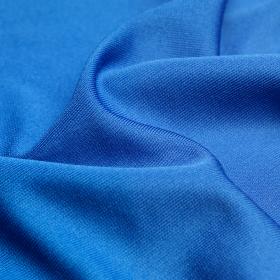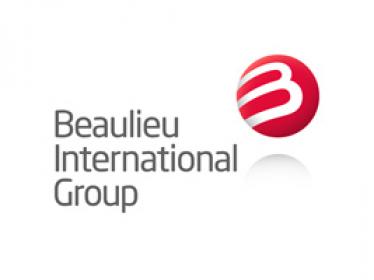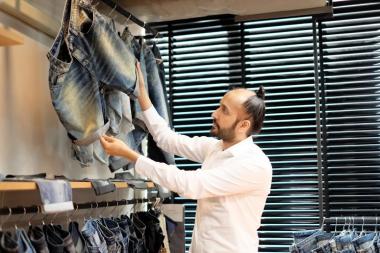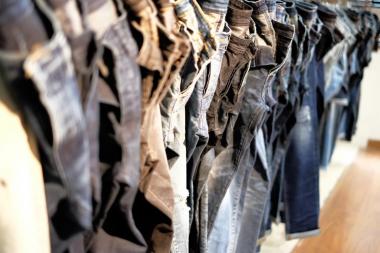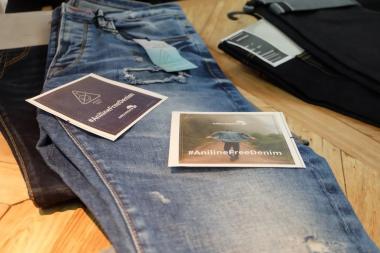Bemberg™ doubles its presence at Première Vision
Bemberg™ gears up for Première Vision - February 11th-13th, Paris, France; with a great deal of novelties and a key statement on sustainability: Let’s Make it Circular! That’s why the Japanese brand of regenerated cellulose fibers joins the fair with two booths, one in the yarn-focused sector – Hall 6 C52 6D53 – the other one in the Smart Creation area, the curated district showcasing cutting-edge sustainable innovation for the textile and fashion business. Hall3 S14.
“We simply could not miss out on the Smart Creation Area as sustainability is the founding pillar of our company,” says SHUNSUKE SATO, sales manager of Bemberg™ by Asahi Kasei. “Indeed, the smart fiber is made from a cotton linter which is pre-consumer material, a natural derived source, that doesn’t deplete forestry resources. The strategy beyond our double presence is to highlight our deep commitment to responsible innovation to a larger target of professionals.”
Let’s take it circular! is the motto at the Smart Creation booth. The lifespan of Bemberg™’s regenerated cellulose fiber derived from cotton is fully circular: from the source to manufacturing. The whole sustainable closed-loop process is supported by the LCA study, signed by ICEA and validated by Paolo Masoni. Recyclability is granted by the Global Recycle Standard - GRS certification by the renown Textile Exchange. An influential guarantee that involves the whole production process and supply chain behind the company’s smart yarns. Bemberg™ yarns are entirely biodegradable and ecotoxicity-free – meaning that at the end of their life circle they break down into the environment leaving no trace in terms of toxic substances as attested by the Innovhub-SSI report.
On show at Première Vision some of the most recent collaborations with GRS-certified partners such as FIVEOL, SMI TESSUTI, TESSITURA UBOLDI, INFINITY, SIDONIOS, MATIAS & ARAUJO, TINTEX, IPEKER, EKOTEN, for fashion fabrics as well as PEZZETTI and BRUNELLO & G.CRESPI from lining partners.
The first Bemberg™ partner to present a commercial collection enriched by Velutine™ Evo is the Portuguese Matias & Araújo. With an innovative spirit, dynamism and a determined entrepreneurial spirit, the company is a leading knitwear producer for the textile industry.
In the Hall 6 Bemberg™ displays key commercial items developed by premium brands such as CAALO that is making its mark in the outerwear market with its Sustainably produced Functional-Luxury proposal. For SS20, CAALO utilized Bemberg™ lining because of the sustainability properties and it's unique colour.
CAALO looks to utilize as much eco-friendly and sustainable materials as possible without compromising on design or quality. This Bemberg™ lining was a perfect fit.
(c) GB Network









